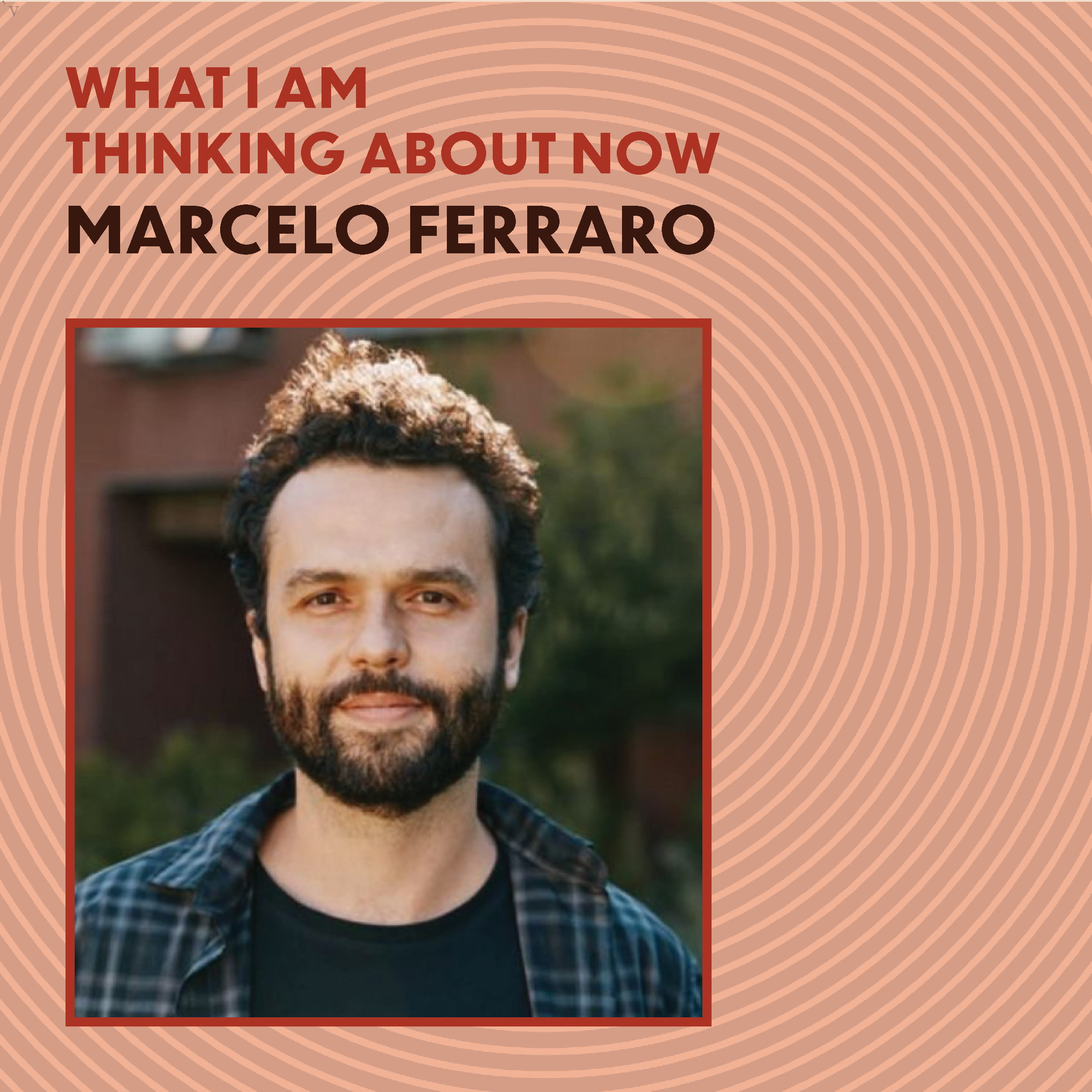A core component of CSREA is supporting faculty and advanced students in the development of cutting-edge, collaborative intellectual work. “What I Am Thinking About Now” is an informal workshop/seminar series where faculty and graduate students present recently published works and works in progress for early-stage feedback and development.
——
Slavery, Citizenship, and the Politics of Racial Violence in the Americas
Marcelo Ferraro, Postdoctoral Research Associate in Historical Injustice and Democracy, CSSJ and Watson Institute
This project analyzes the intersection between slavery, race, and citizenship in the making of regimes of racial violence in the nineteenth century Atlantic World. It demonstrates how the Age of Revolution inaugurated a wave of emancipations in the Americas and, at the same time, a second age for bondage in the United States, Cuba, and Brazil. People of African descent resisted captivity, disenfranchisement, and state repression throughout the hemisphere. Yet slavery and racialized citizenship prevailed in these three societies. The emergence of new slaveholding classes influenced the making of constitutions and criminal law in Spain/Cuba, Brazil, and the United States. Despite the specificities of each political and racial regime, they shared one common experience. Statesmen from these nations resolved the contradictions between constitutional principles and the material reality of slavery by establishing racialized regimes of exception under the rule of law. For the people of African descent who suffered under these regimes, the exception was the norm.
ABOUT THE SPEAKER
Marcelo Ferraro is a jointly appointed postdoctoral fellow with the Center for the Study of Slavery and Justice (CSSJ) and the Watson Institute for International and Public Affairs at Brown University. Ferraro completed his Ph.D. at the University of São Paulo, Brazil in 2021, having previously received his master’s degree in Social History and his B.A. in History, Law, and Social Sciences at the same institution. His dissertation developed a comparative study on the intersections between slavery and criminal justice in Brazil and the southern United States. He is currently working on his first book on slavery and racial violence in the Americas in the long nineteenth century.

